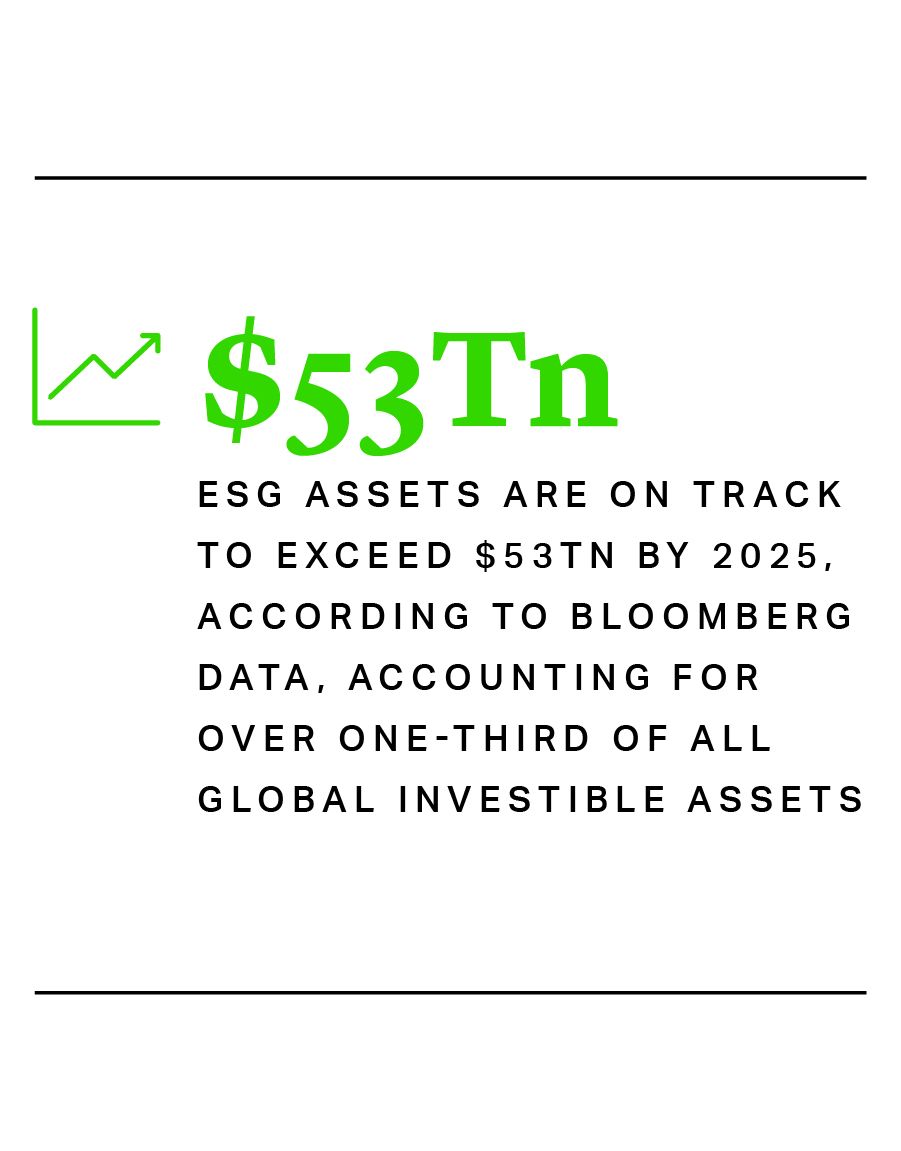Private Equity Must
Prepare for Higher
Sustainability Standards

ESG assets are on track to exceed $53tn by 20251, according to Bloomberg data, accounting for over one-third of all global investible assets. Some investments go further than addressing environmental, social or governance concerns and actively seek to leave measurable positive impacts on society and the planet – those “impact” assets hit $715bn in 20202 and are expected to exceed the $1tn mark very quickly.
The driver has been a clear shift in public sentiment. Individuals are taking a greater interest in environmental issues and are gravitating to products, companies and investments that align with their values.
Assets in ESG ETFs have surged over the past year (almost doubling their size)3. Business is responding to the trend: research from Gartner shows that 89% of S&P 500 companies today produce ESG reports4, up from just 20% a decade ago5.
Regulation has lagged activity in the space. However, it is catching up rapidly as governments globally combine their efforts to tackle climate change and address the growing issue of “greenwashing” – when a business’ real actions on climate change or social development fail to match its promises and claims.


Europe at the Vanguard of Sustainability Regulation
The EU’s Sustainable Finance Disclosure Regulation (SFDR) came into force in March 2021. It requires European financial firms to disclose how sustainability risks are incorporated into their investment decision-making processes including as part of staff remuneration packages, and to estimate the potential impact of those risks on the financial returns of the individual funds that they manage.
The first stage of the regulation has focused on crafting sustainability policies for fund managers and reinforcing product-specific pre-contractual disclosures for green and impact funds.
The next stage, whose entry into force will be phased in throughout 2022, will require large fund managers to assess and disclose any negative effects of their investment decisions on specified environmental, social and employee issues, as well as human rights, anti-corruption, and anti-bribery. In addition, fund managers will be required to prepare annual reports for any green and impact funds they manage, measuring the progress made by those funds against stated sustainability characteristics and objectives.
Although detailed templates and disclosure rules are still to be issued by the European Commission, these requirements are already compulsory for all AIFMs registered in Europe. Global fund managers looking to market their funds to European investors are also impacted.

How Firms are Getting Ready
The SFDR may so far have had a chilling effect on the otherwise increasingly popular marketing of funds as “green”, or otherwise sustainable – due to the risk for fund managers of attracting “greenwashing” accusations. Most recently, the industry was put on alert following high-profile investigations.
Although we may not yet have seen the sector rush to adopt ESG labels, it is likely that the situation will develop as fund managers familiarise themselves with the new requirements. Numerous developments signal an increasing interest of PE firms in ESG – for instance, the creation – by GPs and LPs representing more than $4tn in AUM – of the “ESG Data Convergence Project”, dedicated to advancing a standardised set of ESG metrics that the private equity industry can use for comparative reporting6.
Challenges and Opportunities
Particularly for those who make use of the SFDR’s “Article 8” or “Article 9” (green/impact fund) product labels, the SFDR places significant new burdens on private equity firms not only in terms of disclosure, but also in reshaping their processes to be more sustainable. The new rules will require in-scope sponsors to address a wide new range of issues:
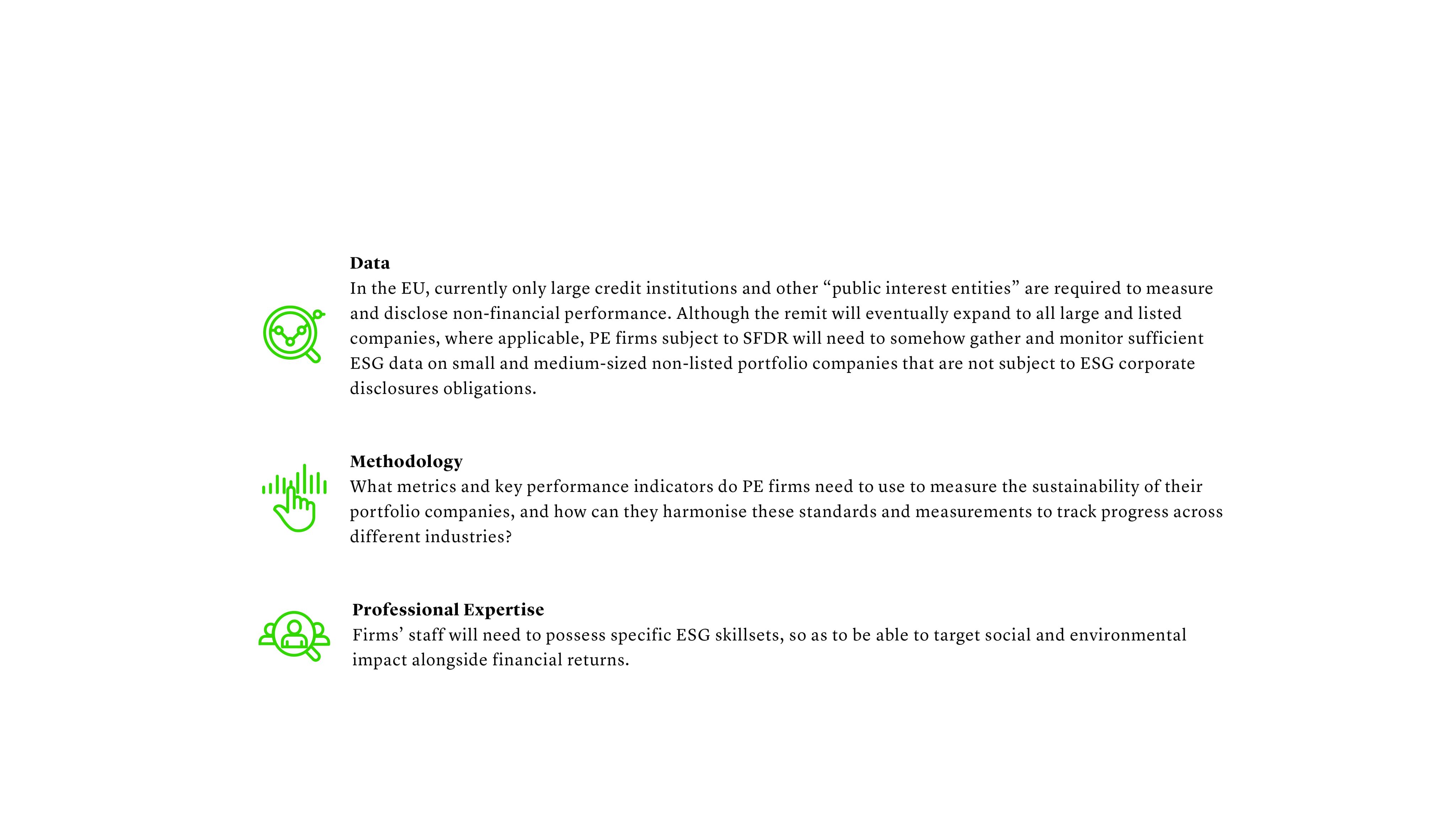


But where there is change lies opportunity: for private equity firms, one thing that seems apparent for now is that as the EU and other jurisdictions ramp up on sustainability disclosure requirements for large industry players hoping to improve their sustainability credentials, “unsustainable” assets and investment opportunities are being driven further away from public capital markets and will likely be increasingly channelled into private deals.
An Expanding Global Movement
As it brings the SFDR into force, the EU is pushing forward with other sustainability regulation. A “brown” Taxonomy which classifies unsustainable investments is underway, as is the expansion of sustainability measures to include more social impacts.
Other jurisdictions are following suit. Earlier this year, U.S. President Joe Biden signed an executive order requiring the U.S. federal government and its financial regulatory agencies to begin to incorporate climate risk and other ESG factors into financial regulation. Meanwhile, the UK is working on its own slimmed down and more territorially limited version of the SFDR.
There is also a groundswell among international standards setters. The IFRS has proposed the creation of a new International Sustainability Standards Board (the ISSB – sister to the existing International Accounting Standards Board), to set global harmonised standards for sustainability reporting. At the same time IOSCO – the International Organization of Securities Commissions – is working on recommendations for sustainability practices and disclosure within the asset management industry.
In the meantime, fund managers should be aware that investors are not only watching, but also increasingly taking action on those they perceive to be slow to act on sustainability. Earlier this year, ExxonMobil shareholders voted to replace three board directors over what was termed “existential risk” to the company from its continued oil and gas focus. BlackRock made public a decision to give index investors more influence – predicting a “vast reallocation” of capital into ESG strategies. Investors and regulators have put businesses on warning, so private equity fund managers should be prepared.

Michael J. Preston
Partner
London
T: +44 20 7614 2255
mpreston@cgsh.com
V-Card
Gabriele Antonazzo
Partner
London
T: +44 20 7614 2353
gantonazzo@cgsh.com
V-Card
Michael James
Partner
London
T: +44 20 7614 2219
mjames@cgsh.com
V-Card
Ferdisha Snagg
Partner
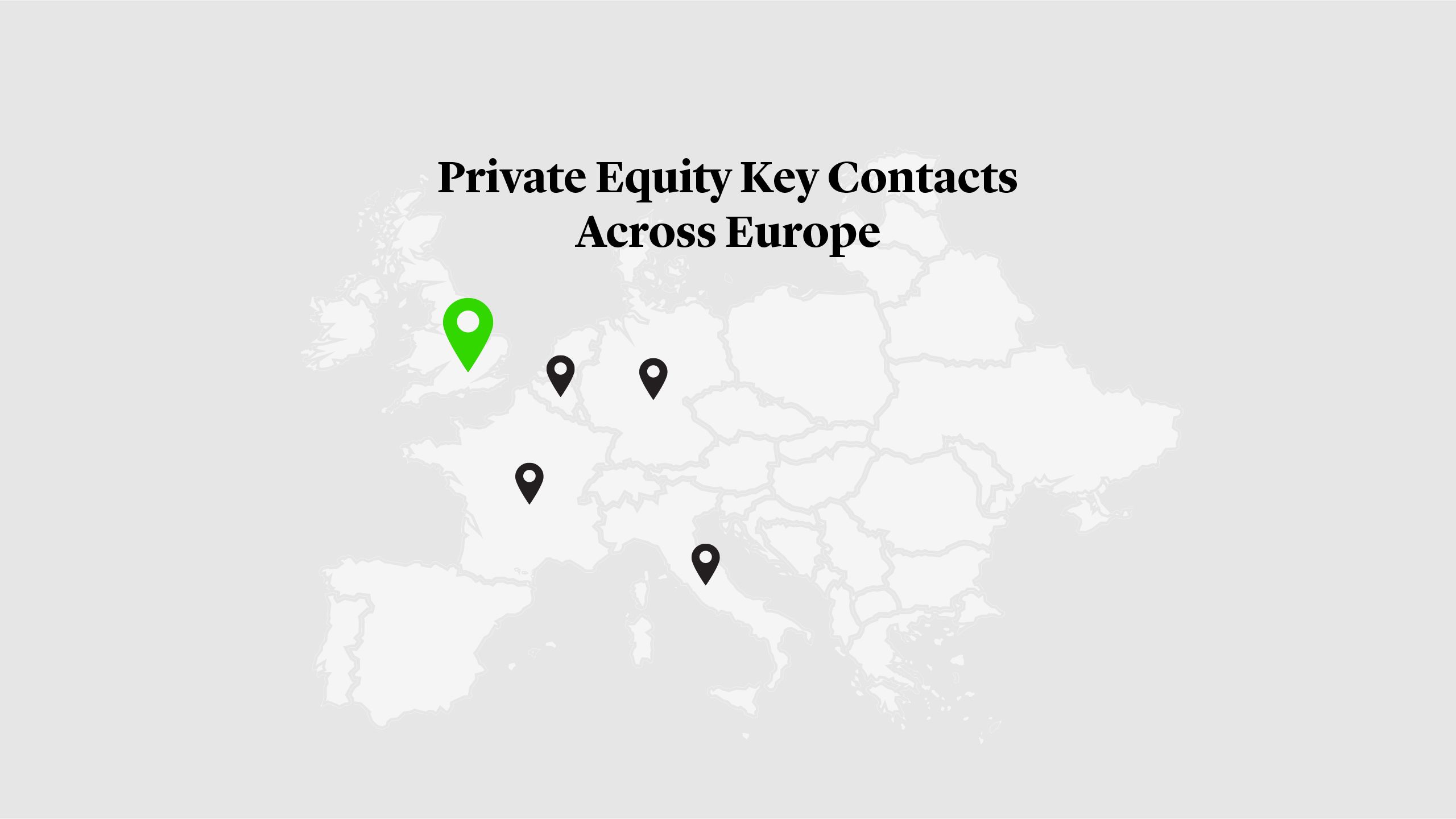
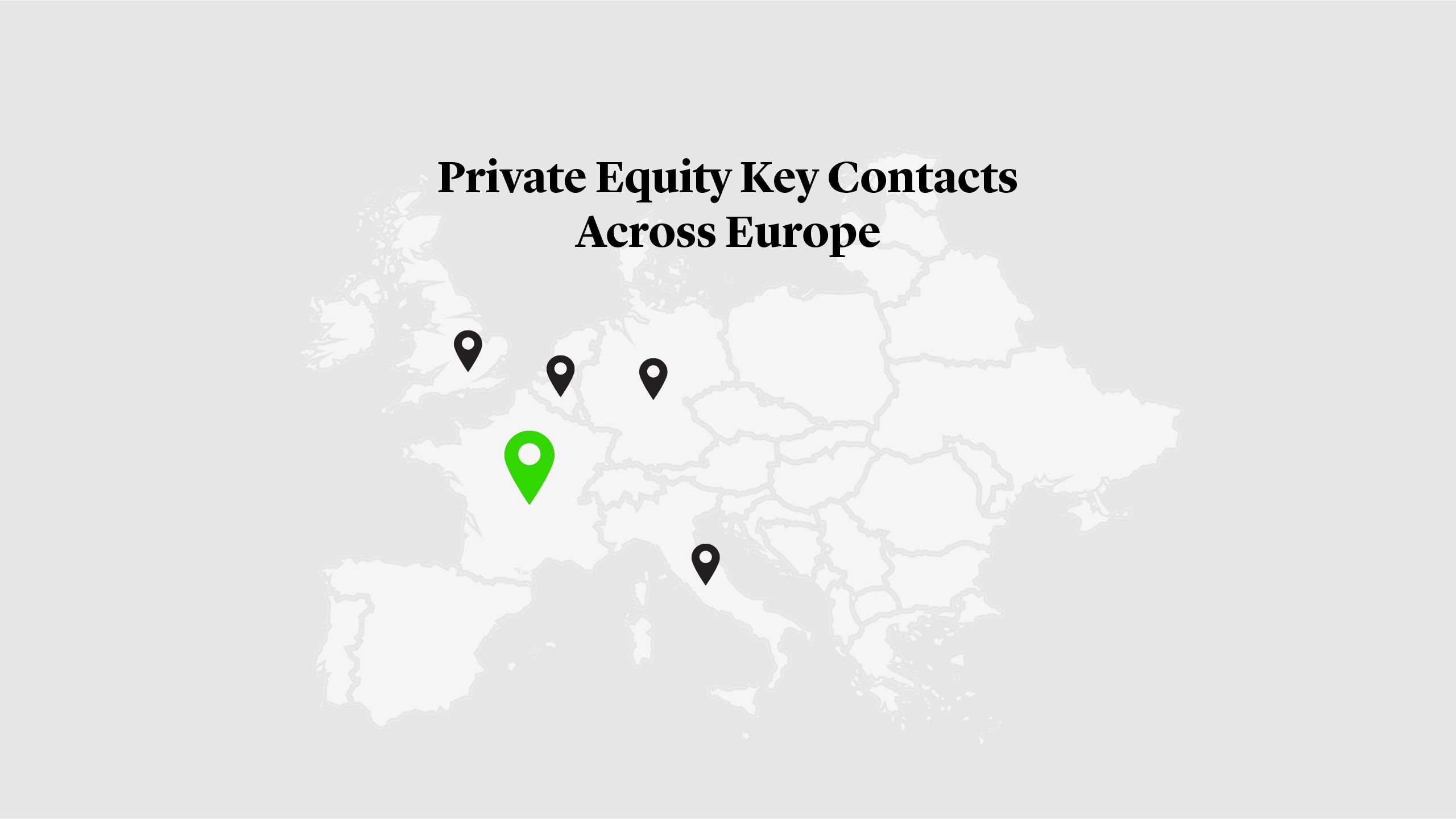
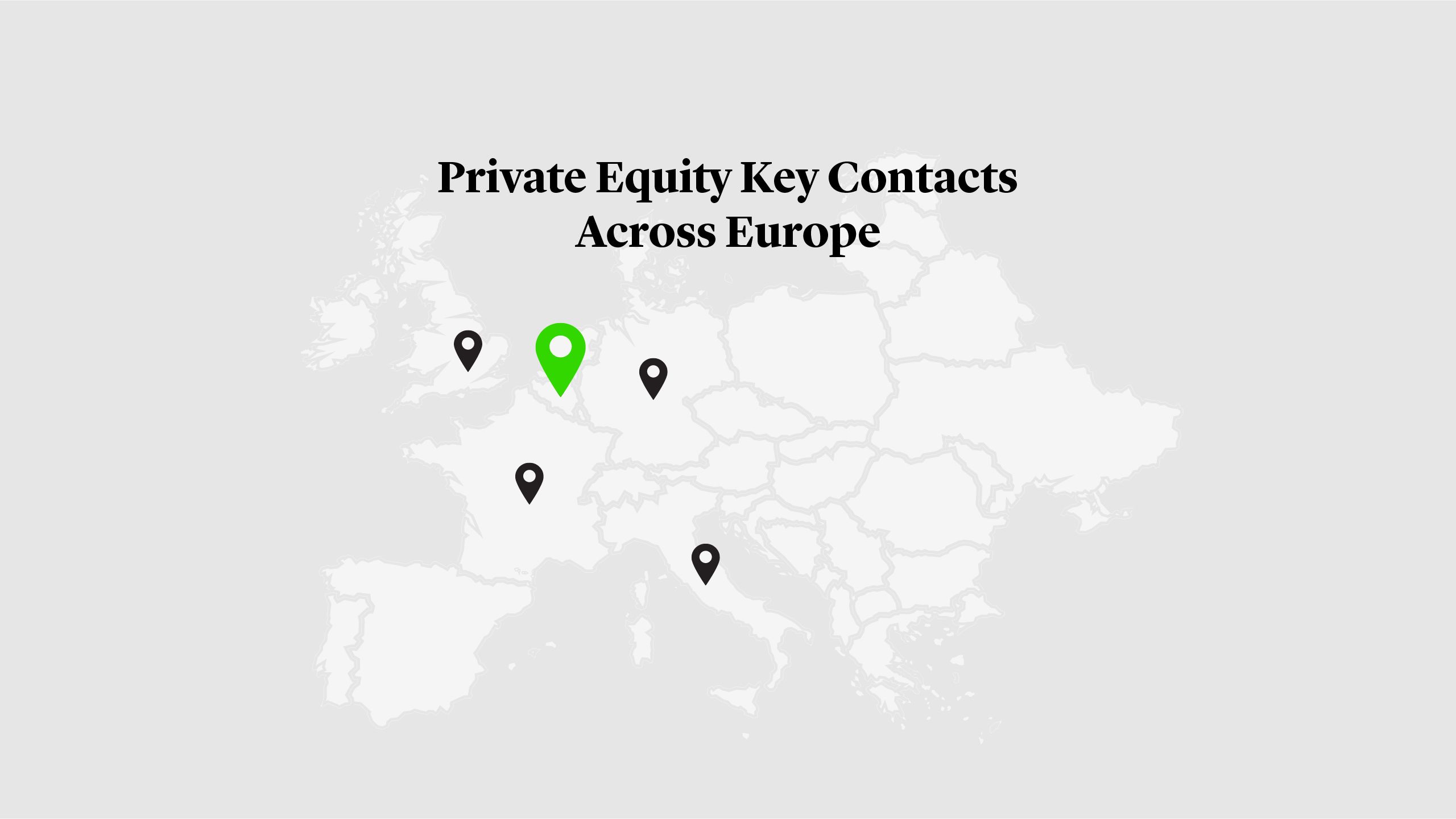
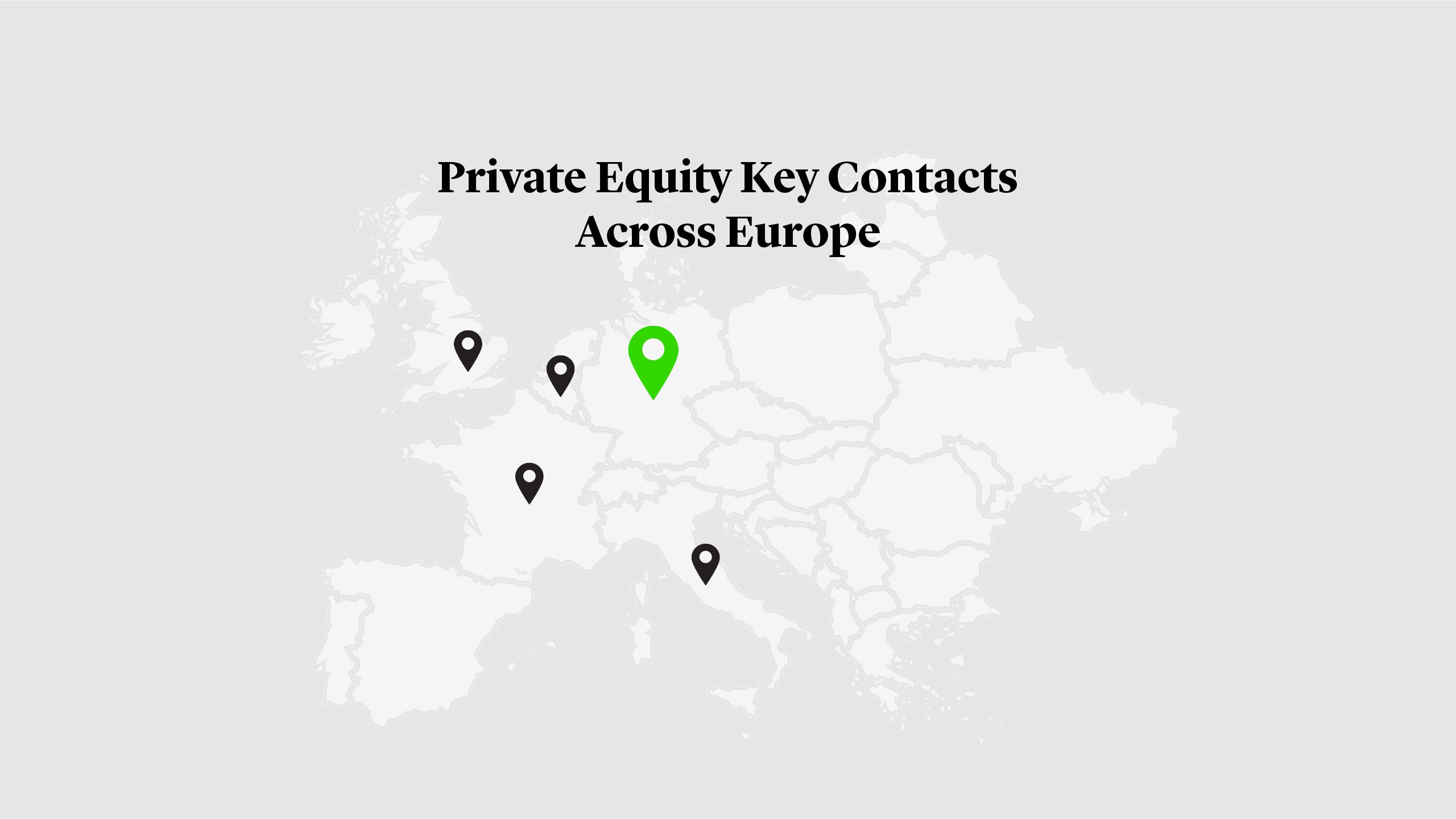
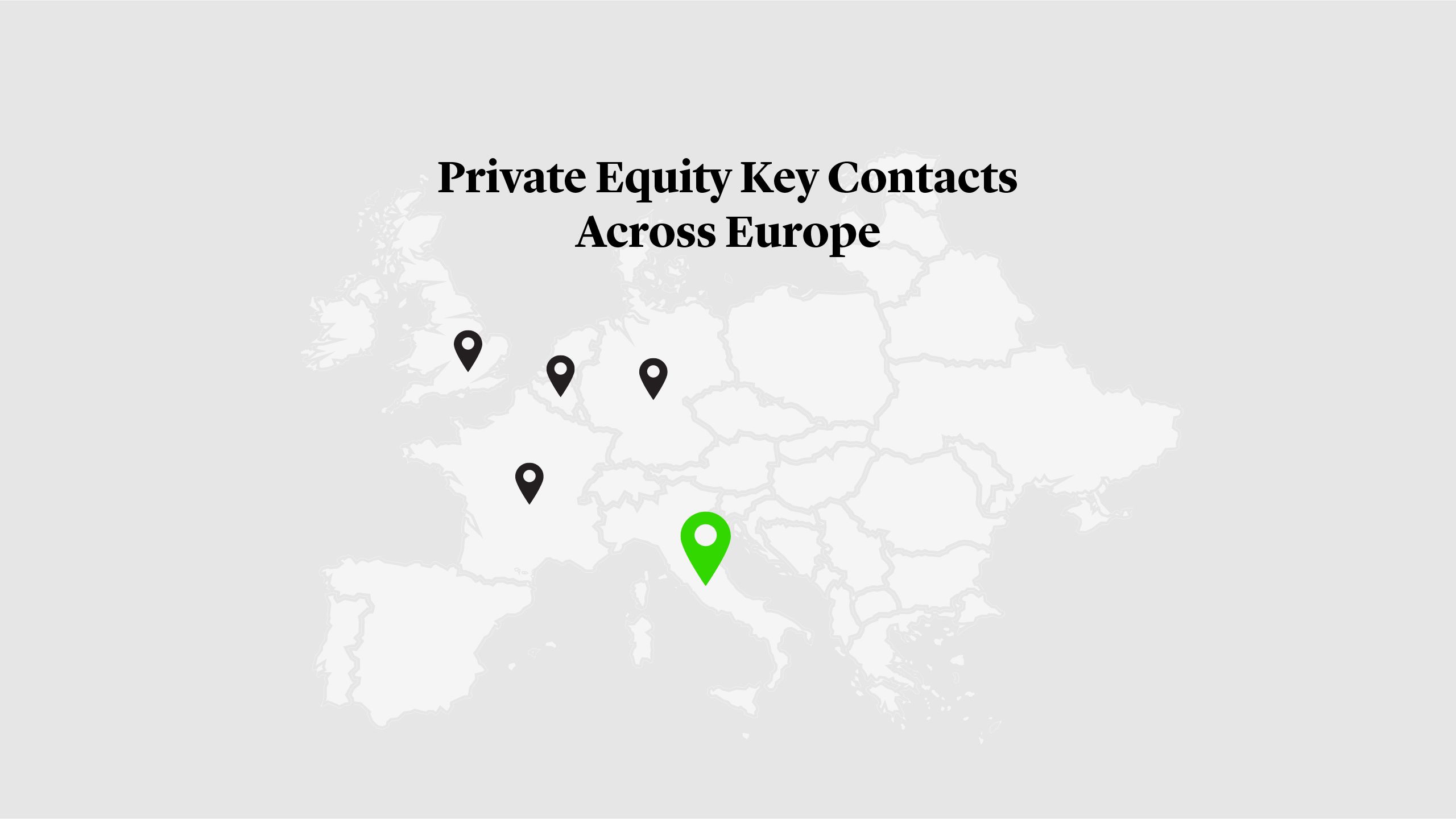
United Kingdom
Michael J. Preston
Partner
T: +44 20 7614 2255
mpreston@cgsh.com
V-Card
David J. Billington
Partner
T: +44 20 7614 2263
dbillington@cgsh.com
V-Card
Gabriele Antonazzo
Partner
T: +44 20 7614 2353
gantonazzo@cgsh.com
V-Card
Nallini Puri
Partner
T: +44 207 6142289
npuri@cgsh.com
V-Card
Michael James
Partner
T: +44 20 7614 2219
mjames@cgsh.com
V-Card
Lawale Ladapo
Associate
France
Amélie Champsaur
Partner
T: +33 1 40 74 68 00
achampsaur@cgsh.com
V-Card
Charles Masson
Partner
Germany
Michael J. Ulmer
Partner
T: +49 69 97103 180
mulmer@cgsh.com
V-Card
Mirko von Bieberstein
Senior Attorney
Italy
Roberto Bonsignore
Partner
T: +39 02 7260 8230
rbonsignore@cgsh.com
V-Card
Carlo de Vito Piscicelli
Partner
T: +44 20 7614 2257
cpiscicelli@cgsh.com
V-Card
David Singer
Associate

